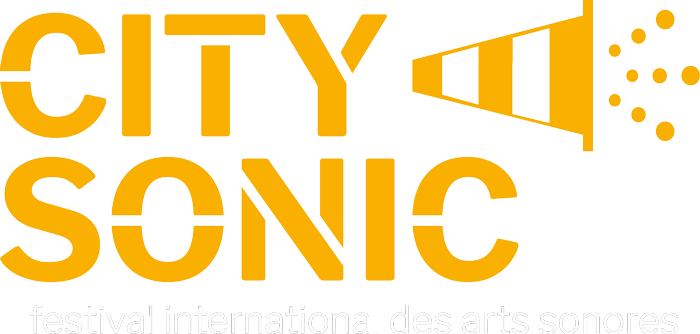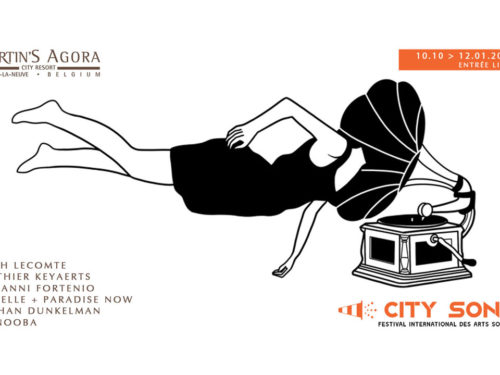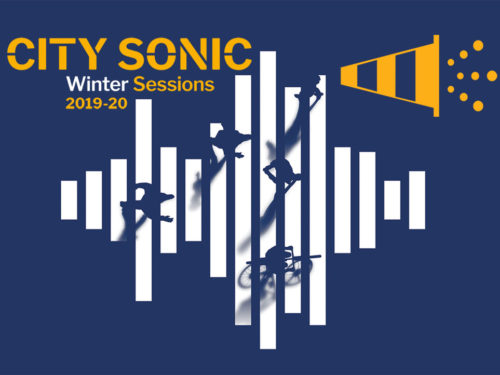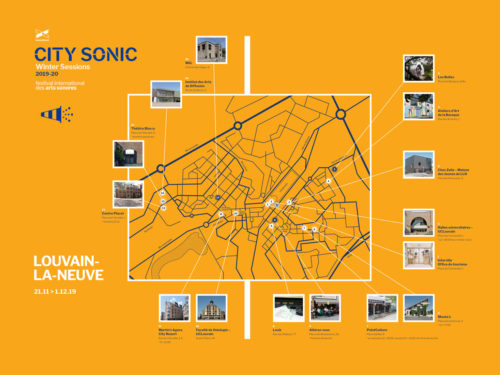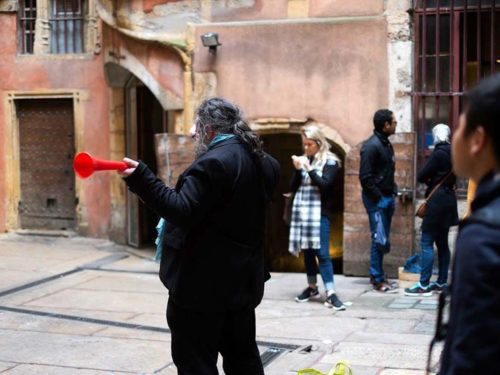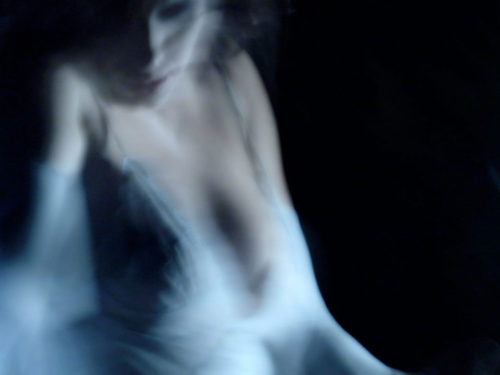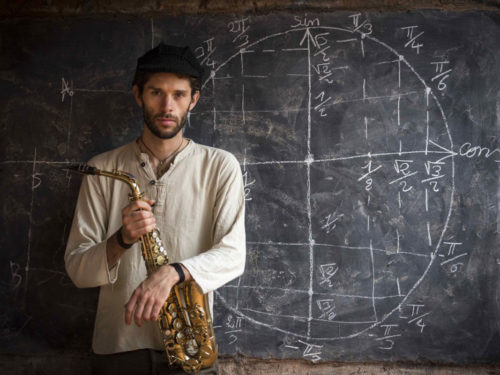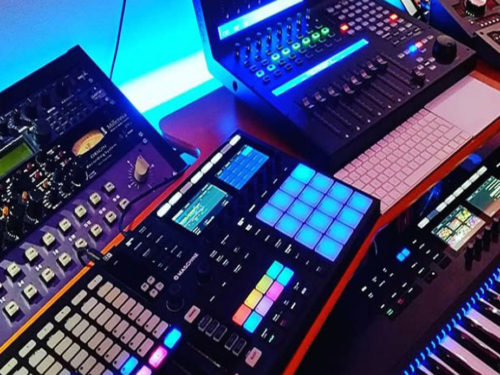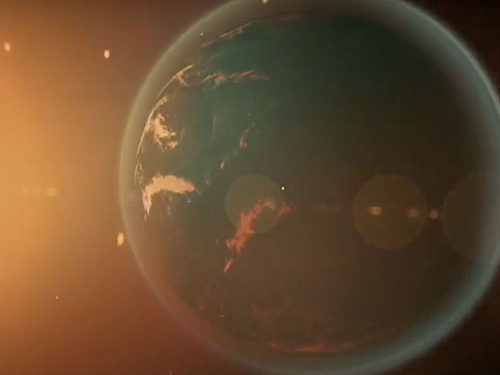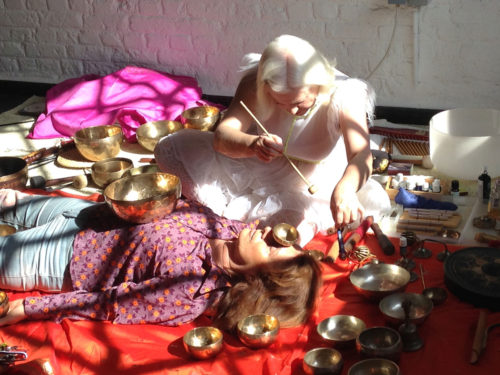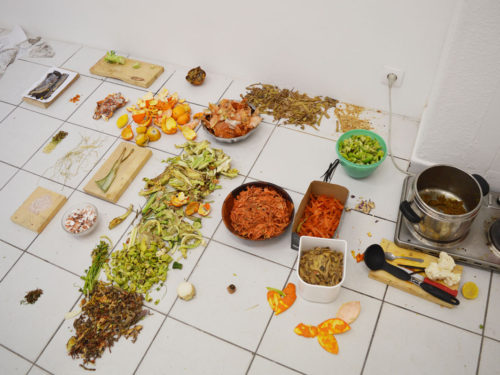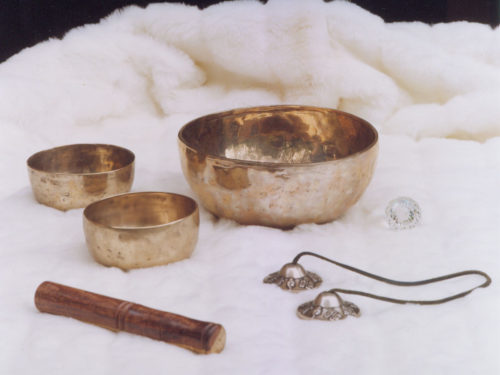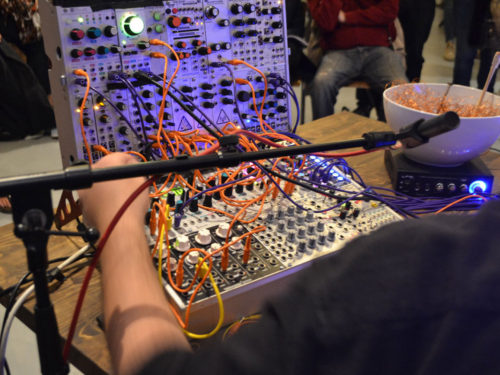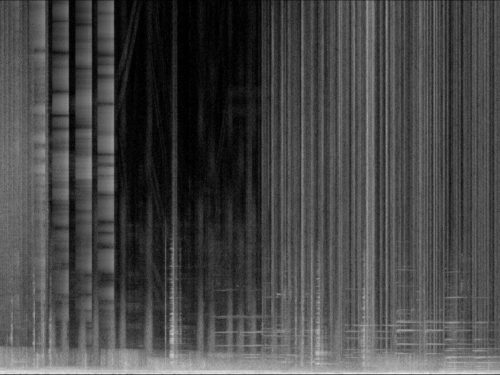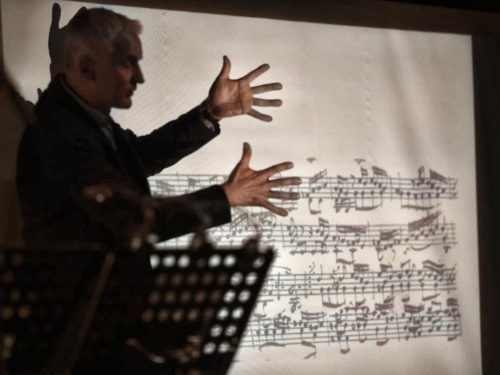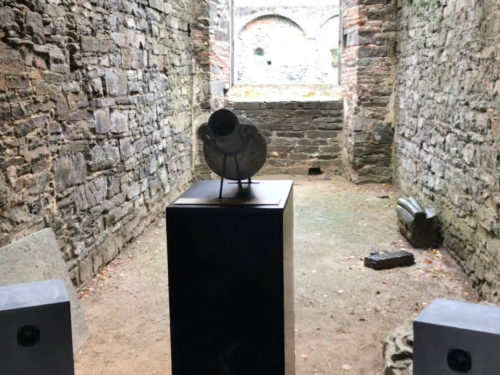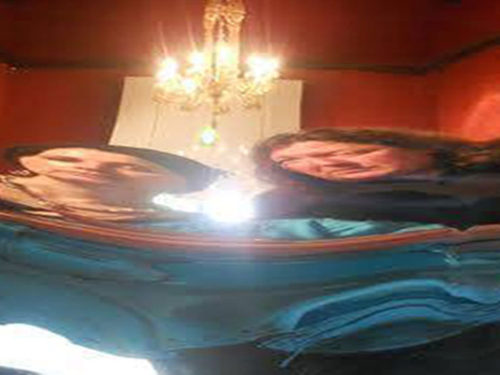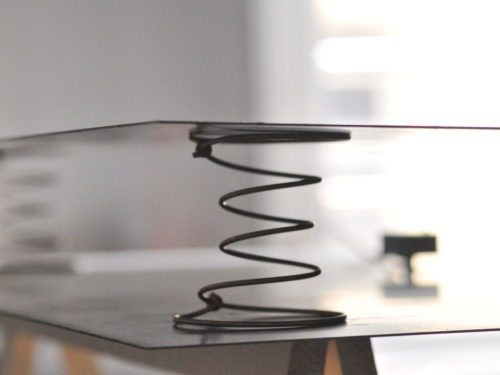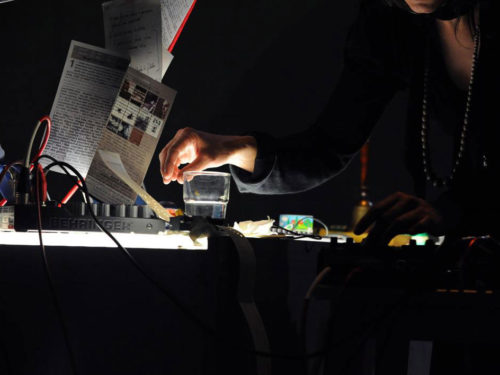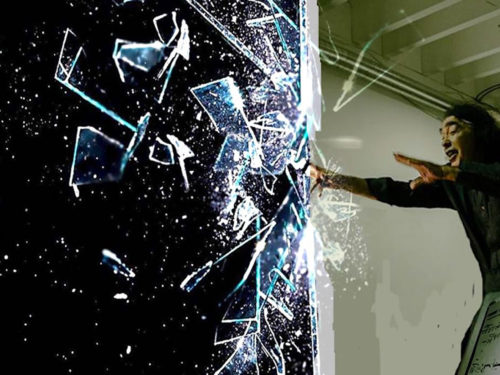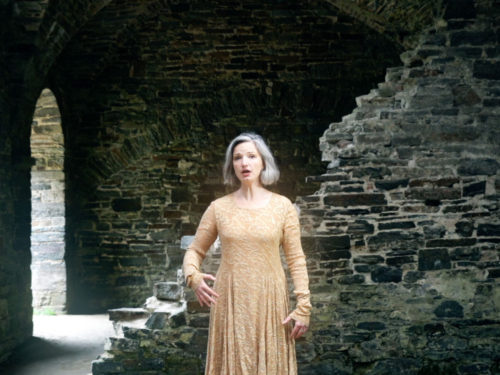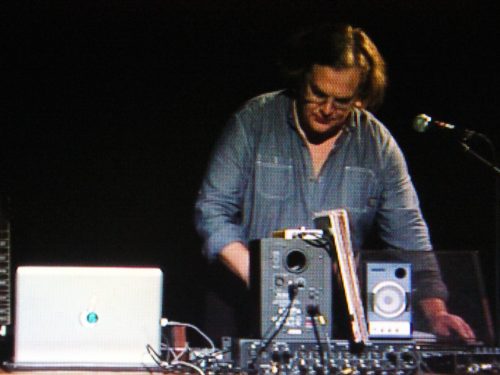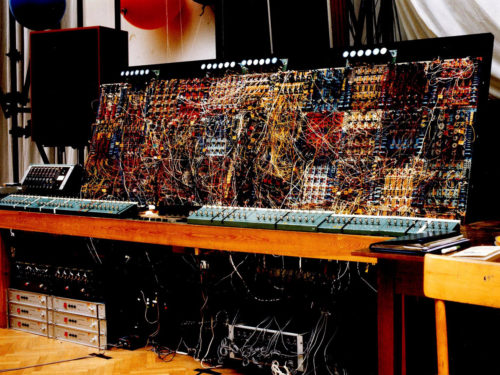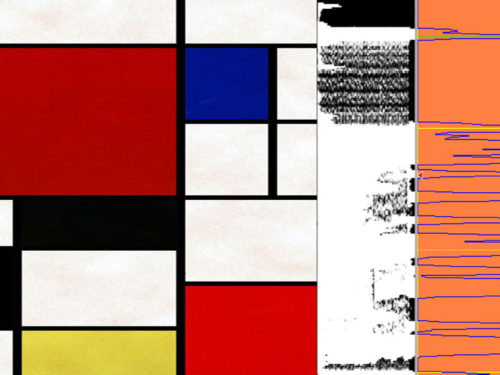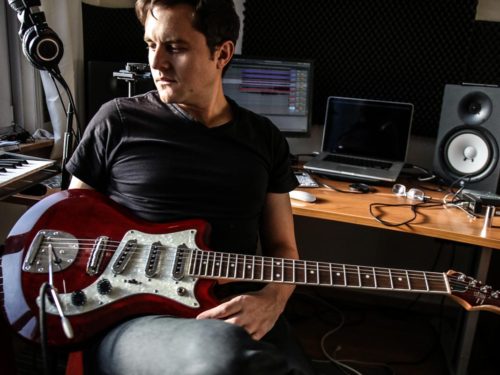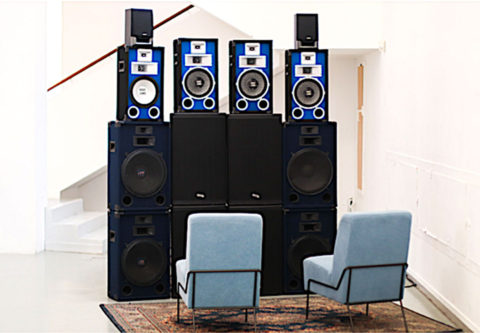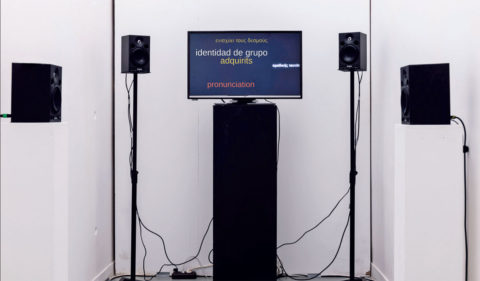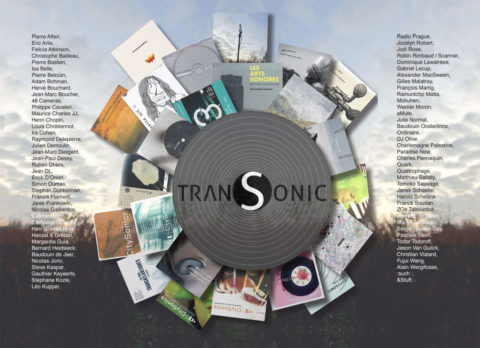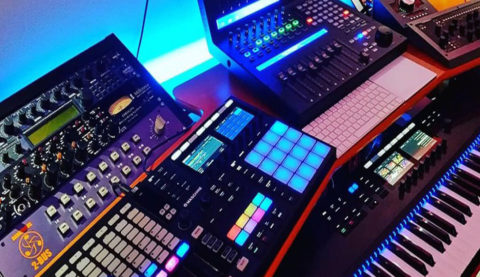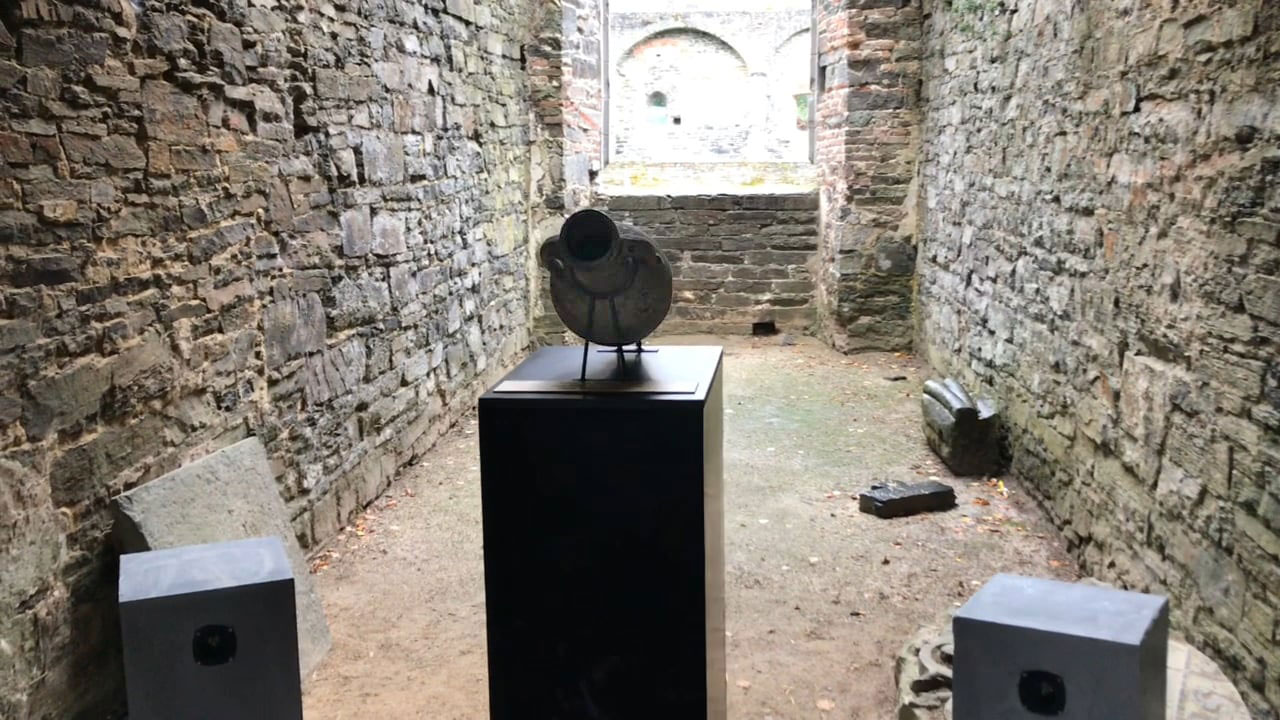
Fréquences antiques
Created for the Digital Contemplation event at Villers-La-Ville abbey (Be) in 2018, this installation is inspired by a common architectural practice within ancient theaters, and later, followed by some churches. At the time, vases were inserted into the walls of buildings to transform the acoustics of the place. These vases served as resonators or absorber of frequencies, which modified the sound quality of the buildings. Based on this idea, a large amphora, placed on a pedestal at the level of a mouth, gathers the songs of visitors. Each of these songs are recorded, transformed, and broadcast by the loudspeakers which encircle the visitor. Each song morphs into a personal choir since the installation uses the newly created recording. The choir has its own melody and harmony. The experience becomes unique for each budding singer.
Production: Raphaël Vens with the support of the Wallonia-Brussels Federation (digital arts). In partnership with the FeBeME.
Chants aphasiques (2019) + Résurrection (2005)
Raphaël Vens proposes an electronic set based on the most natural instrument: the voice. The voice is what is most in tune with the body, and, probably, the organ at the origin of music. Based on the sounds of the visitors collected by the interactive installation Fréquences Antiques, Chants Aphasiques unfolds like a human choir. Having lost the notion of language, this choir explores the primal connection that connects human beings to each other: the song, the cry, indexes of pleasure and pain that express only raw emotions and intimate sensations. Meanwhile, ‘Resurrection’ influences the voice through history. This piece also originates from a sound installation. She tries to make a bridge between the past and the present, through a crossing of music of both a contemporary composer and a 16th century composer, Nicolas Payen, who has stayed in the former famous Chantrerie House in the town of Soignies. The creaking of this five hundred-year-old building responds to polyphonic songs that are desperately trying to extricate themselves from oblivion.
Production: Transcultures, Academy of Music of Wavre.
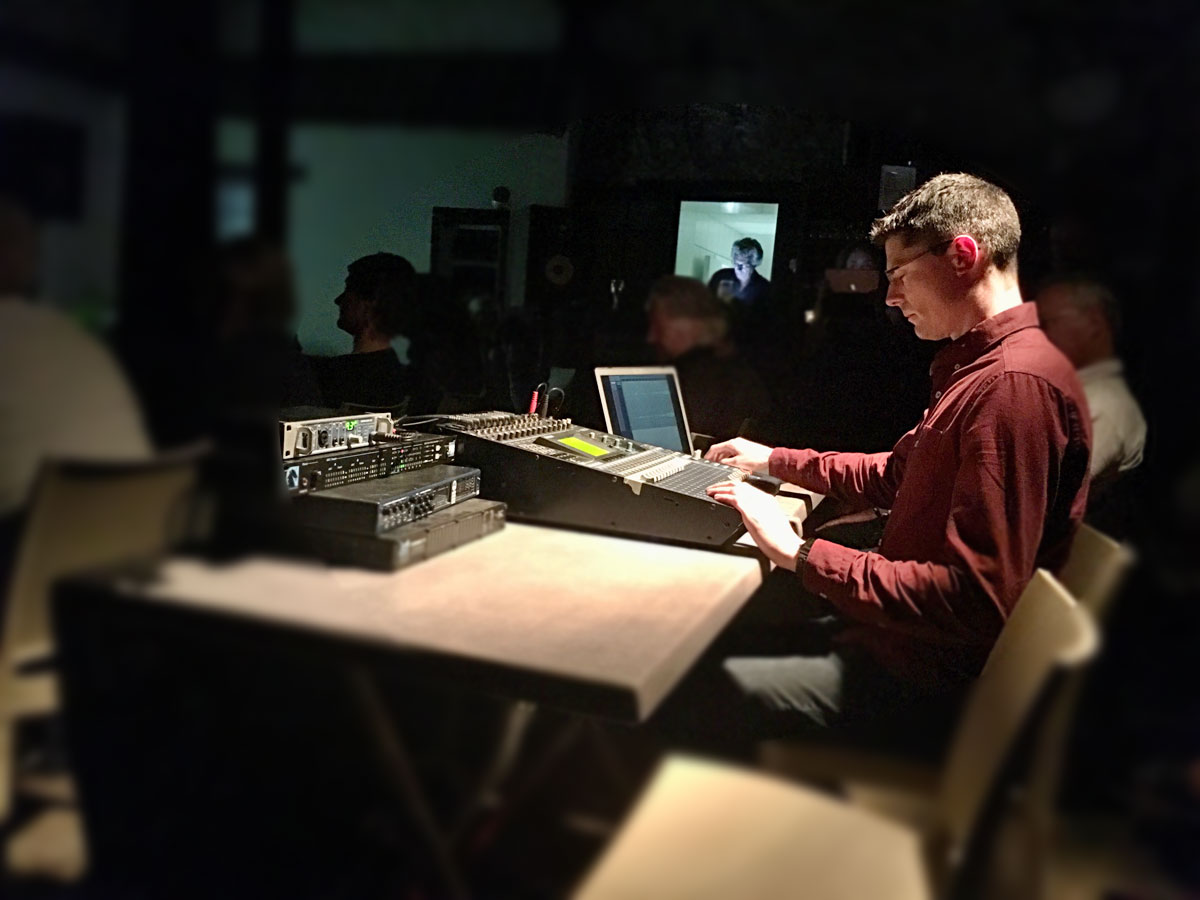
Biography
In 1994, Raphaël Vens discovered electroacoustic music at the Soignies Academy. In 2000, after a five-year cycle, he received the City Medal. He continues his training in Soignies with Bruno Abt, as well as in Montbéliard (at the National School of Music) with Hans Tutschku, Jacopo Baboni Schilingi, Fred Voisin and Giacomo Platini. He mixes disciplines and artistic practices to push the boundaries of musical perception. He composes music for instruments and for electronics in a variety of fields, such as theatre, cinema and performance. He is interested in interactive structures in real time and improvisation. He works on the creation of digital art and installation. He participates in PRISMA group for music research.
